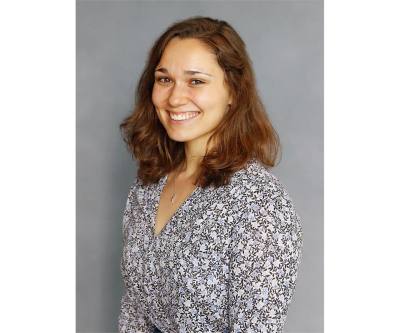According to a presentation from Hutto Chief Financial Officer Michel Sorrell, the $60,000 senior homestead exemption would affect city revenue by approximately $276,000. While the ordinance was approved March 19, council agreed that given the economic impact of COVID-19, the infectious disease caused by the coronavirus, it may have to revisit the exemption prior to its July 1 deadline.
"Based on what we know right now, so much has changed in three weeks," Council Member Mike Snyder said.
Council Member Patti Martinez agreed with Snyder's stance and said the city needs to be cognizant of the loss in sales tax revenue it is experiencing from bar and restaurant dine-in closures. Martinez added it is currently an "unknown anomaly" how the economic situation could progress.
Sorrell said that the city's current budget accounts for $7.8 million in revenue funds related to property taxes and that while it is difficult to answer the coronavirus's impact on tax revenue at this time, the $276,000 approximation is a small percentage overall.
Council also approved two separate agenda items March 19: the first reading for a disabled persons exemption and the first reading of an ad valorem homestead tax ceiling for senior residents age 65 and older or those with disabilities. Each passed with a 5-0 vote.
For the proposed disabled persons exemption, Sorrell said this would also call for a $60,000 exemption and confirmed that the city currently has fewer than 100 residents who qualify for it. Paired with the senior homestead exemption, this would have an impact of approximately $335,000 on city revenue.
Citizens eligible for both a senior homestead exemption and a disabled persons one can only apply for one of the two, as confirmed by Sorrell on March 19 and by Larry Gaddes, Williamson County tax assessor-collector, at a Feb. 27 council workshop. Sorrell also added that social security eligibility will help confirm which Hutto residents qualify for the disabled persons exemption.
The third exemption proposal discussed March 19 was the first ordinance reading on an ad valorem tax ceiling for citizens age 65 and older as well as for those with disabilities. Per Williamson County, while some entities use the terms "freeze" and "ceiling" interchangeably, the correct phrasing is "ceiling," as it refers to a cap placed on the maximum dollar value an eligible resident would pay on their property tax bill.
If formally adopted, the ceiling would go into effect for fiscal year 2020-21 property tax bills. An important exception to this ceiling, council noted March 19, is if significant work is done on a resident's homestead that increased its assessed value as a result, so, too, would the resident's ceiling. An example of this situation given by Gaddes on Feb. 27 would be the addition of a pool to a resident's homestead property. Should this case arise, the county would assess the value of the additions to the homestead and add it to the overall ceiling.
A second and final ordinance reading is required for both the disabled persons exemption and the ad valorem tax ceiling prior to formal adoption.





